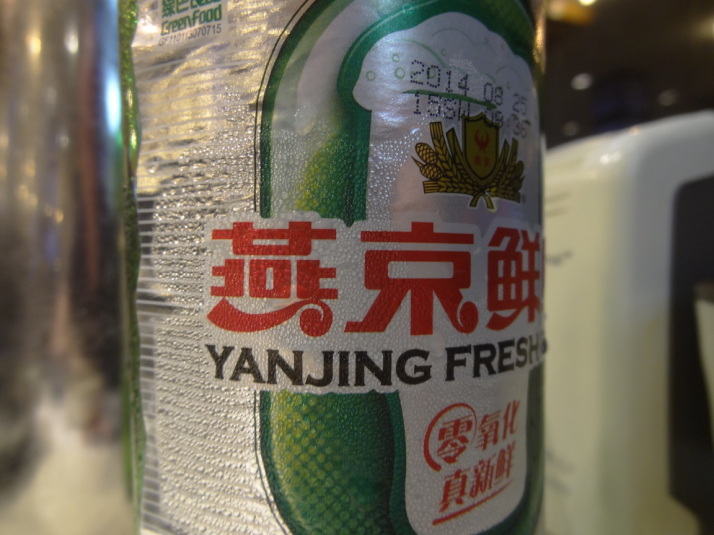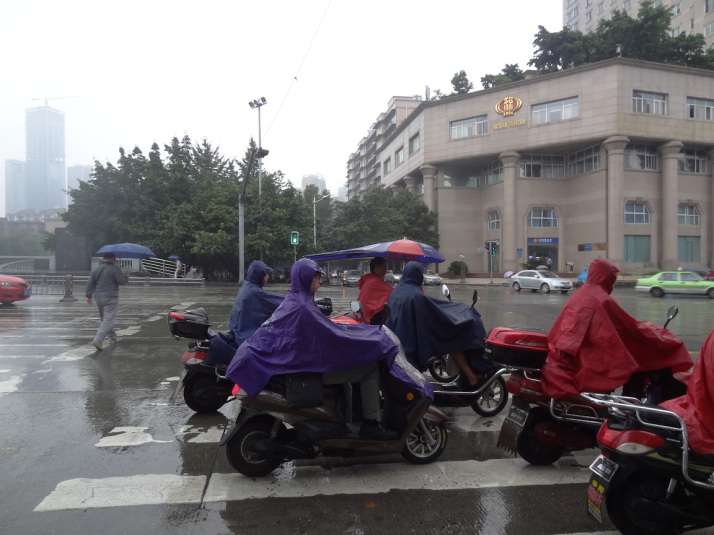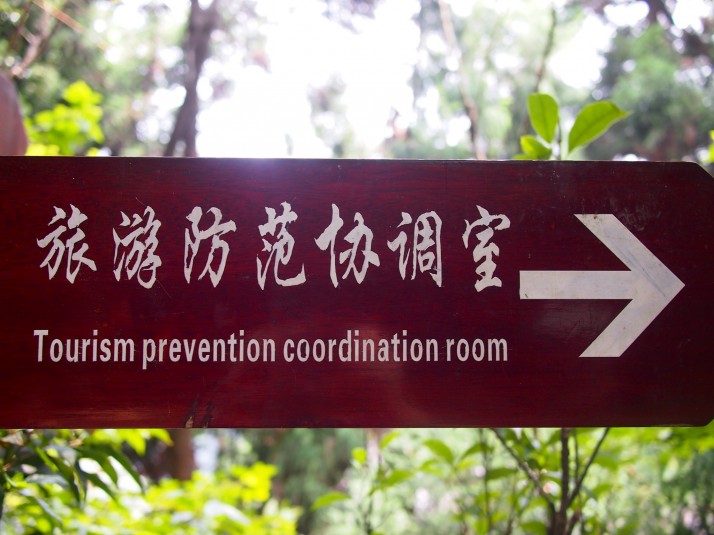Here’s our summary of the last three months.
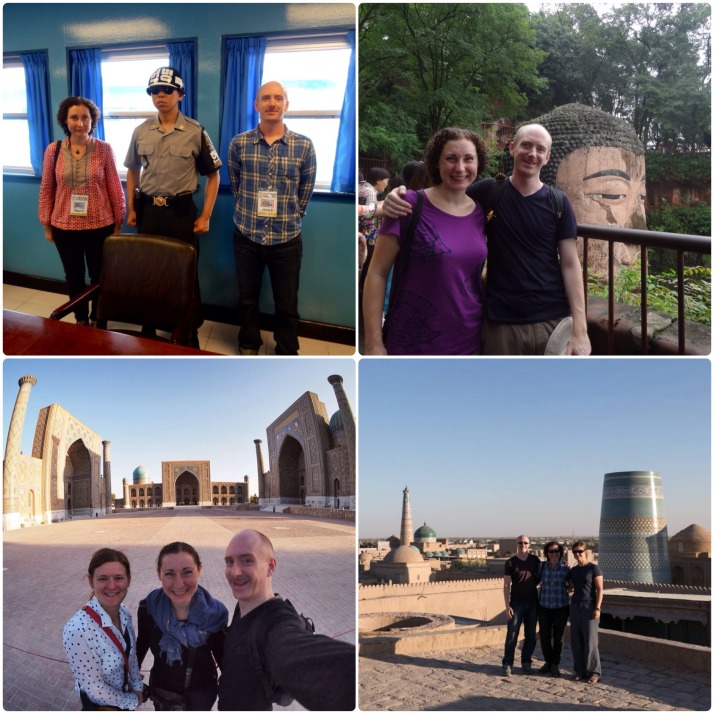 Clockwise from top left: With ROK soldier at the DMZ in Korea; the largest Buddha in the world at Leshan; sunset in Ichon-Qala at Khiva [photo credit: Jo Harris]; Registan Square in Samarkand
Clockwise from top left: With ROK soldier at the DMZ in Korea; the largest Buddha in the world at Leshan; sunset in Ichon-Qala at Khiva [photo credit: Jo Harris]; Registan Square in Samarkand
Countries visited in the last three months (1st July to 30th September)
South Korea, China, Uzbekistan (total visited to date on this trip = 16)
Have you managed to stay within your budget (£70 per day)? And what has been the expense breakdown?
Not quite. Day-to-day expenses haven’t been too high, but three sets of flights, expensive visas for Uzbekistan and travel insurance renewal in September all bumped the total up. Our average daily spend over the three months has been £75.52. Our daily spend to date since we left home has been £70.63.

- Accommodation is a little lower than the last two quarters, but still the biggest expense at 30.5% – we found accommodation in China to be very cheap, and moderately priced in South Korea where for half of our stay we rented apartments in Seoul. In Uzbekistan accommodation is expensive compared to other on-the-ground costs, we think because supply is limited by government licensing of hotels and guesthouses, but still not too bad at around £25-30 per night for a double room.
- Intercity transportation is next highest at 22.5% – three flights in this quarter (Osaka to Busan, Seoul to Shanghai, and Beijing to Tashkent) account for two-thirds of this amount totalling just over £1000. This cost has been the one of the major factors in our being slightly over budget and is a good reminder to us to travel overland whenever possible.
- For the first time, healthcare has been a noticeable amount at 0.8% – fortunately this isn’t due to a decrease in our general well-being although there were a couple of trips to the pharmacy for cough medicine and rehydration sachets. Most of the spend was a pair of glasses for Andrew as he was getting headaches when using his computer for extended periods.
- The living expenses category is a much higher percentage than usual at 7.6% – before we left home we bought an 18 month travel insurance policy so we needed to replace that when it expired in September, a new 6 month policy cost us £280. Our wardrobe was also starting to look a bit tired so we replaced our jeans and some T-shirts while we were in Seoul.
- Visa spend for the quarter was 3.0% – we got both our Chinese and Uzbekistan visas at the embassies in Tokyo and, while the Chinese application was relatively straightforward and inexpensive, we had to pay a premium for the Uzbekistan one to be ready at the “express” timing of one week rather than two.
What has surprised you most in the last three months of travel?
That the Korean language is written not in characters representing words, but with an alphabet called Hangul. At first glance it looks like it’s made up of thousands of characters like Chinese or Japanese, but it’s actually built from just 24 basic letters arranged in blocks. We got to the point where we could recognise a good few and decode whole words with the aid of a cheat sheet!
Apart from family and friends, what are you missing most about life in the UK?
Julie – A soft bed… Many have been the nights when I have wished for my own comfortable bed in the last few months as the concept of springs and mattresses doesn’t really seem to have caught on in the budget accommodations of China and Uzbekistan. The most extreme example would be the bed we had in Wuhan where it is no exaggeration to say that we may as well have been sleeping on the floor…
Andrew – I’ve really missed driving. It’s not the convenience as we’ve packed pretty light and we love public transport – especially overnight trains – but the enjoyment of motoring and, as we’ve seen quite a few motorbikes and scooters, of riding too. Though I’ll see how I feel about a motorbike when I get back to the British weather..
What’s the most memorable sight that you’ve seen in the last three months?
This is usually a really hard question to answer, but this time we both immediately said the Registan in Samarkand. We were really looking forward to seeing it and had a nagging worry that it might be a let down but it was even better in real life, absolutely jaw-dropping.
Tell us a funny story from the last three months of travel.
In Samarkand we’d met the same portly taxi driver pretty much every day near the Gur-E-Amir Mausoleum offering to take us to Shakhrisabz. The evening before we planned to make the trip we went to seek him out and arrange to meet the following morning. At the mausoleum we didn’t see him in his usual place but Andrew soon spotted a large guy a little way off chatting to another taxi driver. He rushed over to shake his hand and say ‘hello’ but as the man turned we realised it was a different driver… He was so dumbstruck by a random tourist shaking his hand that we were walking off giggling before he recovered himself enough to shout ‘taxi?’ after us!
Who is the person you’ve met that you remember the most from the last three months?
The owner of the Mirzo Guesthouse in Tashkent, Murod. He’s an affable retired history professor who is always keen to have a chat although he doesn’t speak much English (he absolutely pounced on any guests who spoke Russian). When he found out that Julie’s degree is in maths he excitedly told us (mostly via his son Oybek who runs the guesthouse with him and speaks excellent English) about medieval Persian mathematician Al-Khwarizmi, who came from Khiva, and whose name serves as the root for the words algebra and algorithm. When words fail, Mr Mirzo is proficient at communicating through the language of music, liking nothing better than getting out his dutar on an evening and serenading any guests who happen to be about!
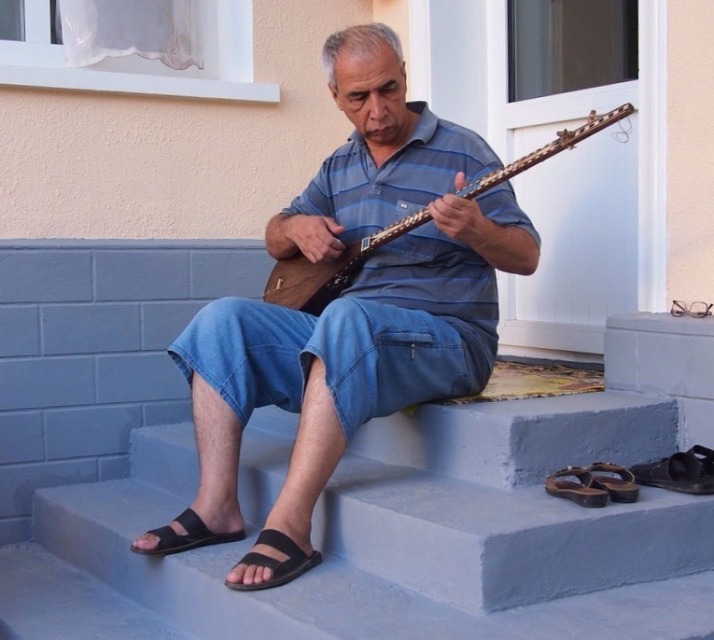
Finally, what have you found to be the greatest challenge so far?
More so than on our first trip, we found the language barrier in southern China harder. It’s not that we encountered more Cantonese where our very limited Mandarin didn’t work, it was that our pronunciation made planning our independent travel very difficult on occasion. For example, we were trying to buy our train tickets to Zhangjiajie but the woman behind the counter didn’t have a clue where we wanted to go. It was only after showing it on a map to a student who just happened to be in the queue with us, that we learned how to say it properly! (it’s “Djang-Jar-Jay” in case you’re wondering!)

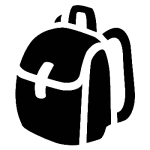 two year trip
two year trip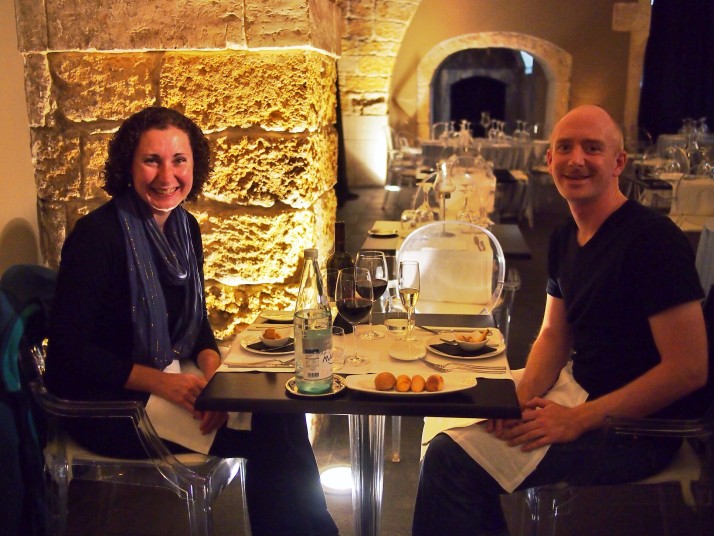
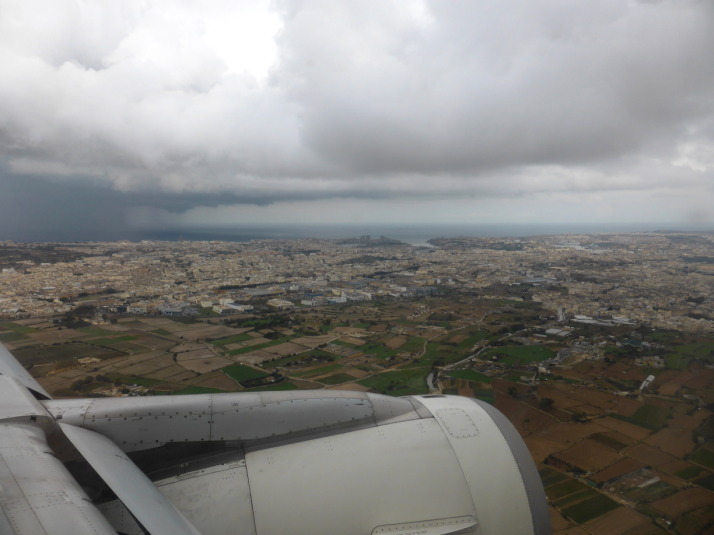
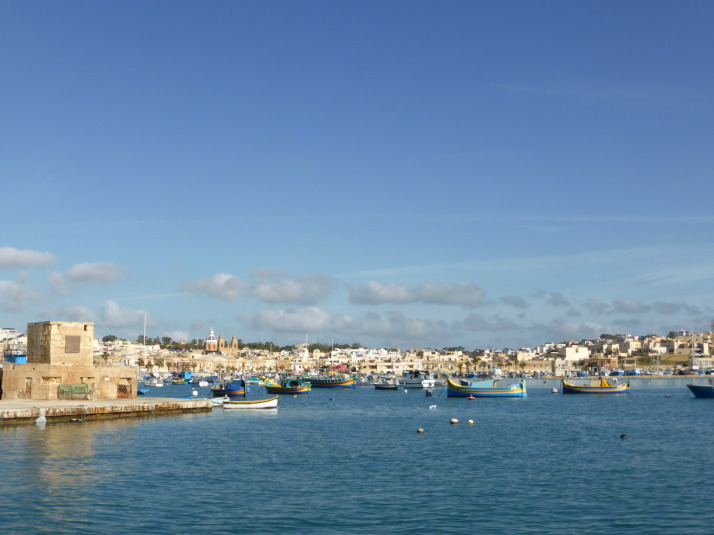
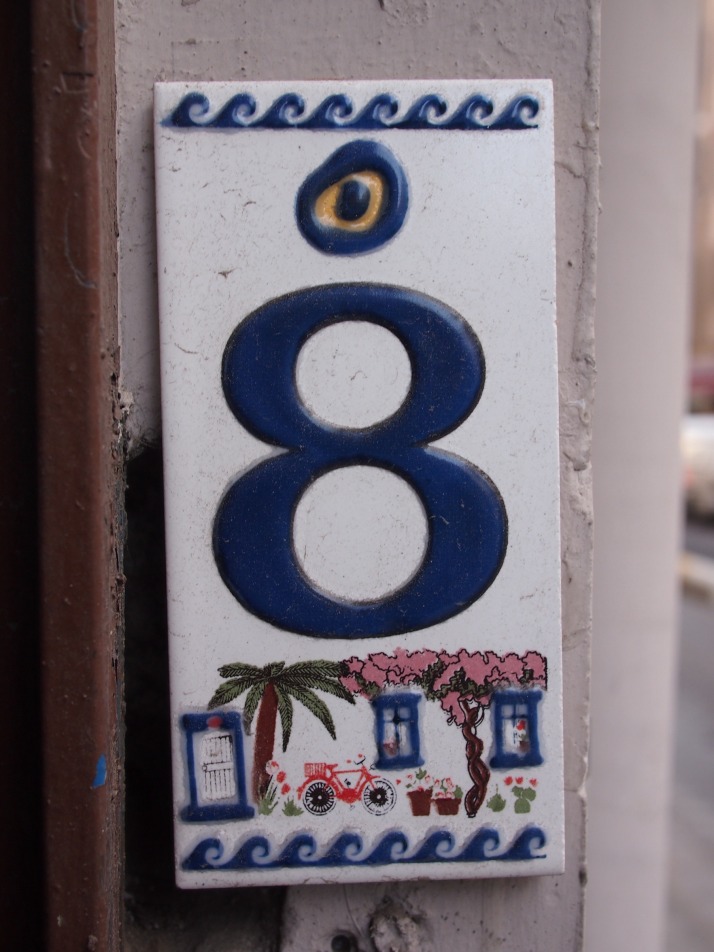
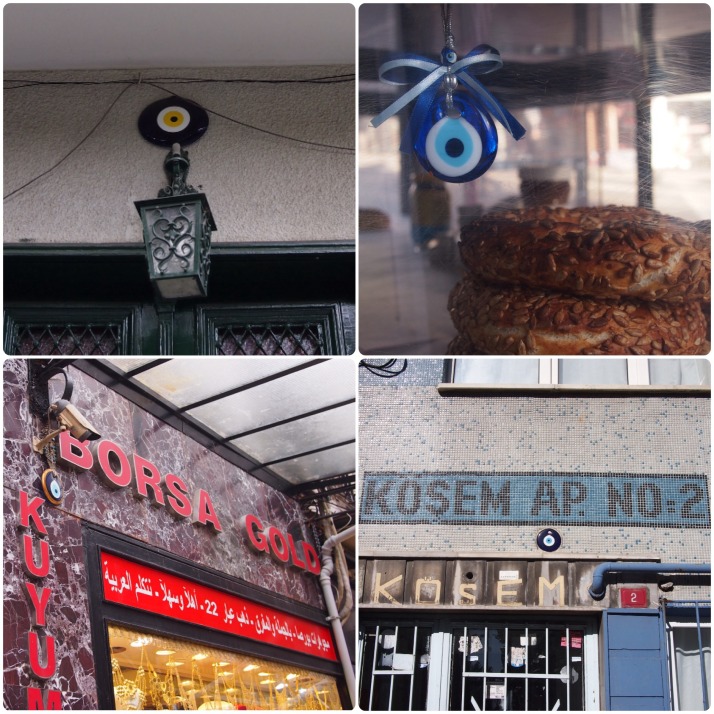
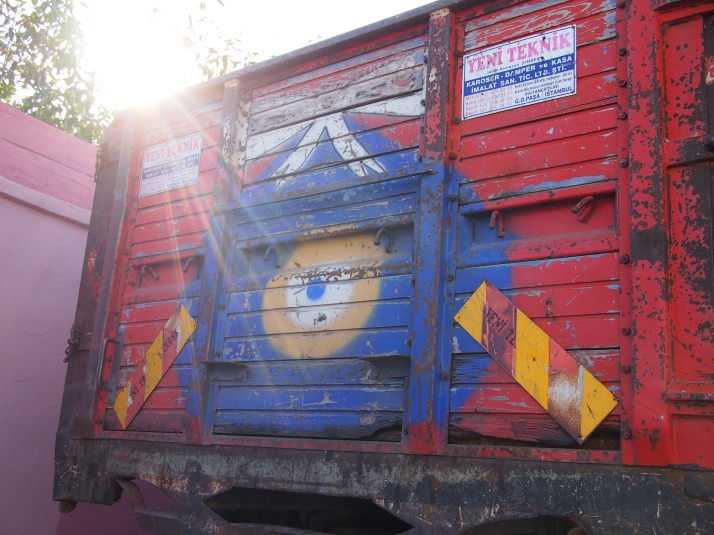
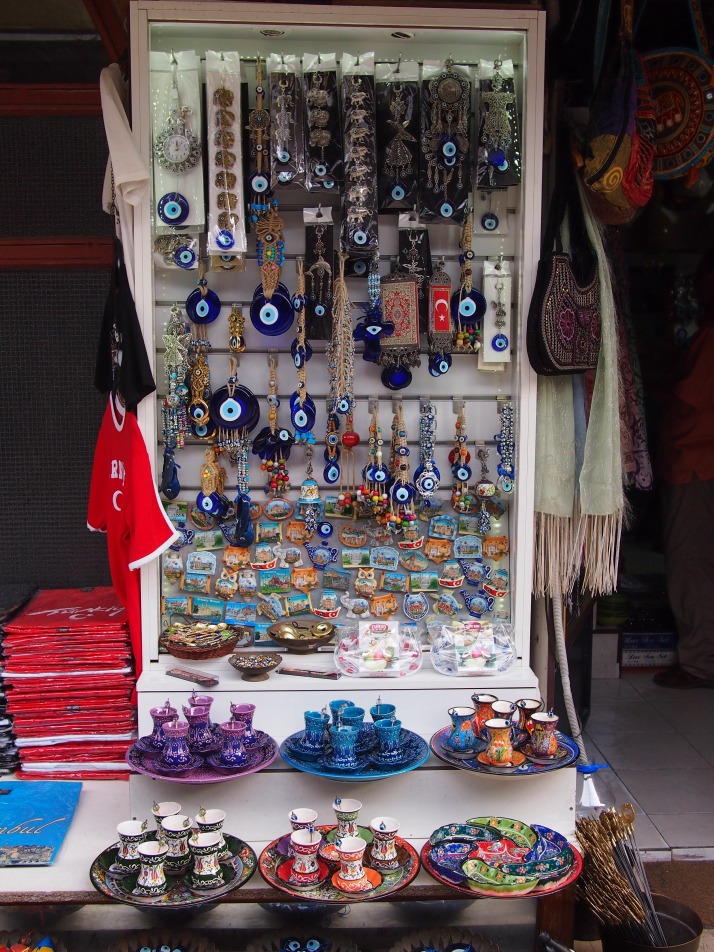
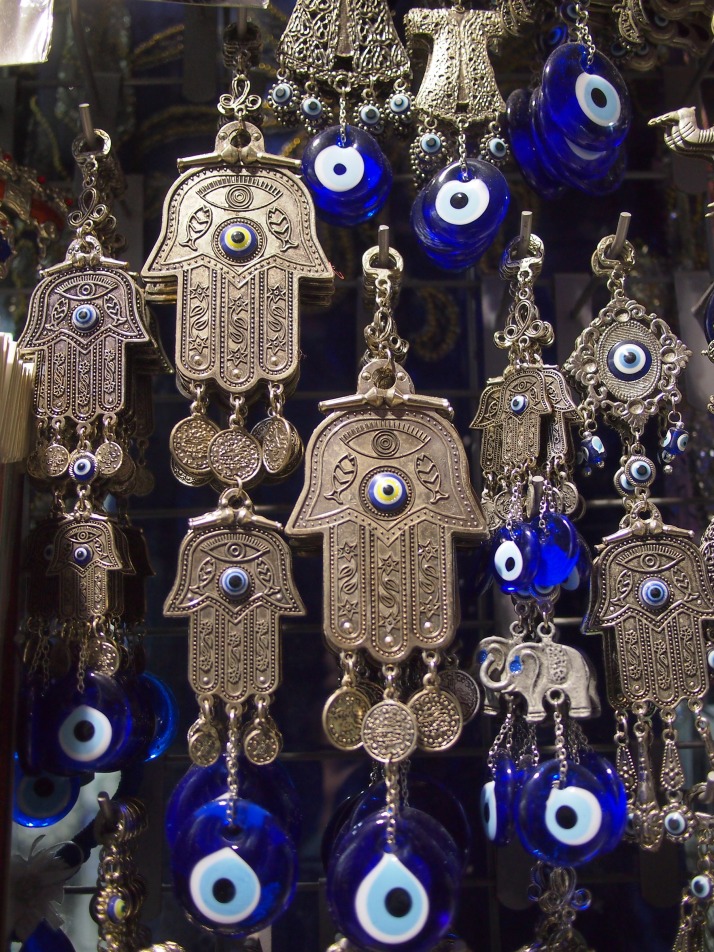



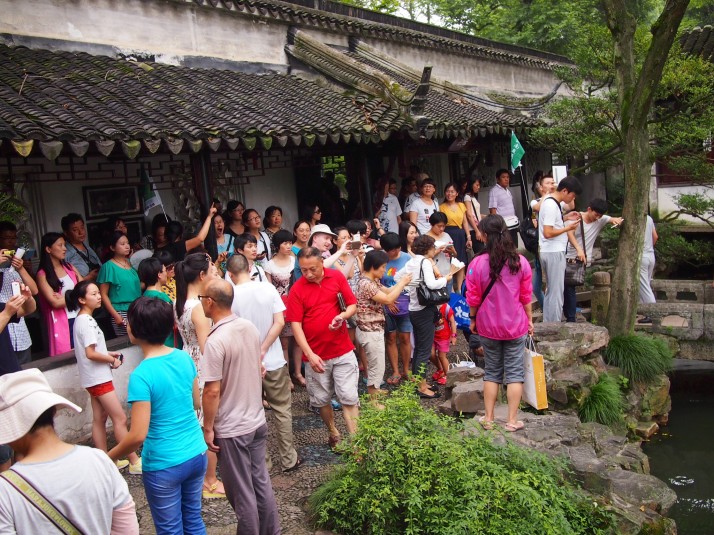 Crowds in The Humble Administrator’s Garden in
Crowds in The Humble Administrator’s Garden in 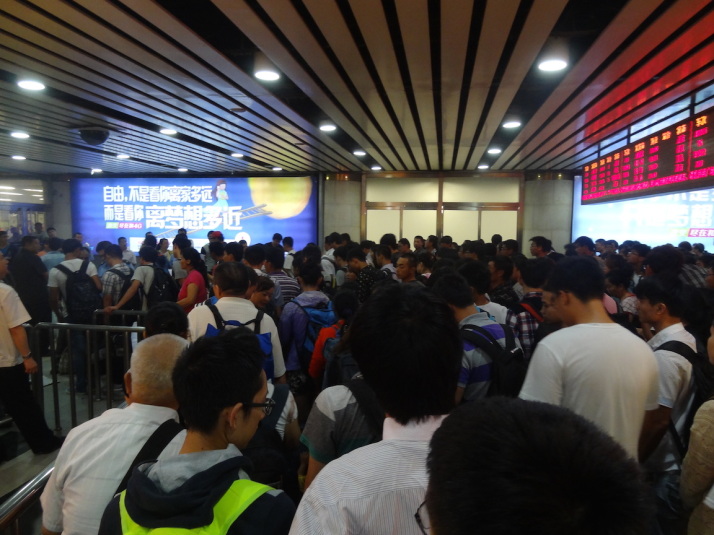 ‘Queue’ to get out of Beijing West station
‘Queue’ to get out of Beijing West station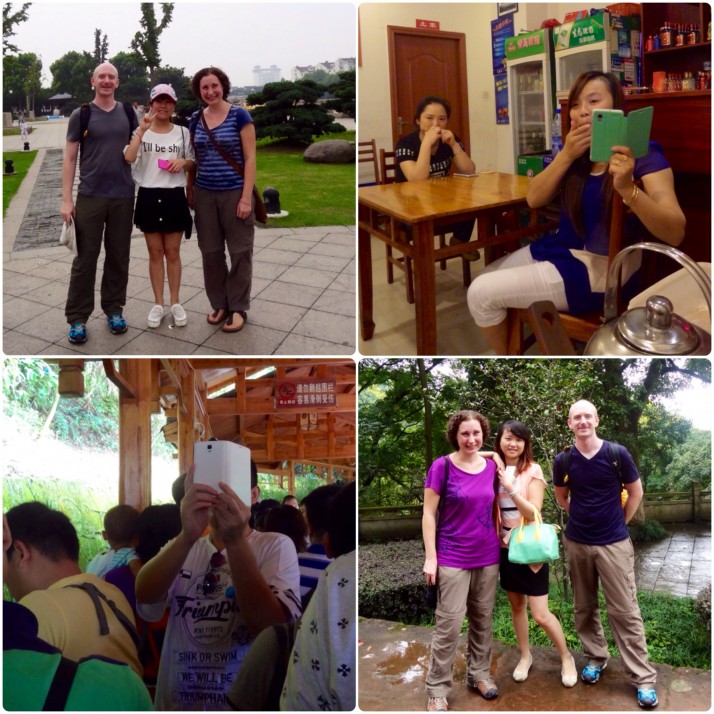 Clockwise from top left: this girl’s T-shirt says “I’ll be shy” and she was until we made her come to say hello; papped while eating our dinner; I’m not sure why this girl felt she could drape herself over my shoulder; waiting in a queue we had nowhere to hide
Clockwise from top left: this girl’s T-shirt says “I’ll be shy” and she was until we made her come to say hello; papped while eating our dinner; I’m not sure why this girl felt she could drape herself over my shoulder; waiting in a queue we had nowhere to hide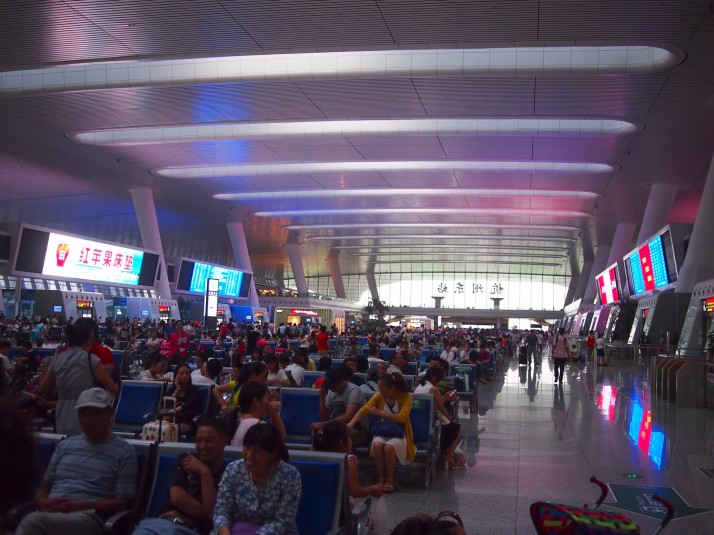 Waiting area at Hangzhou East station
Waiting area at Hangzhou East station